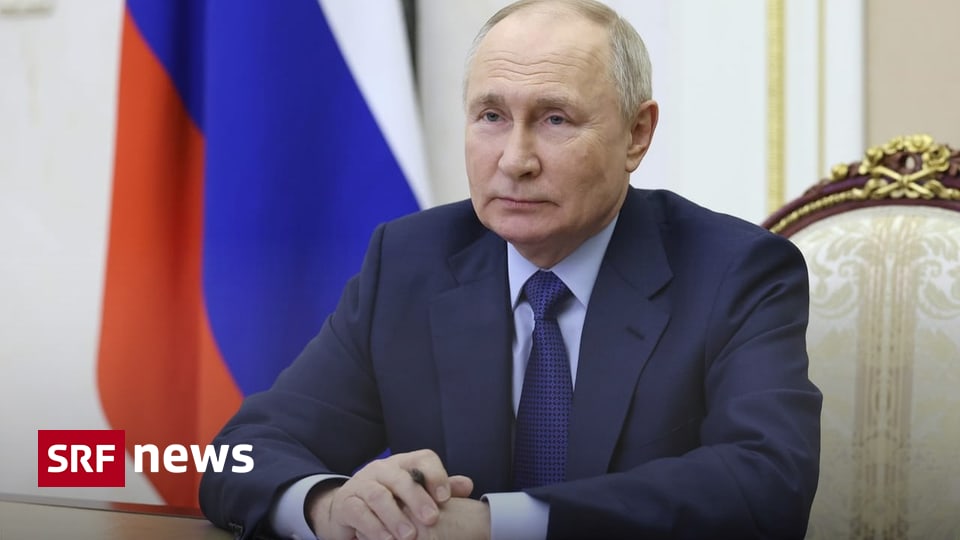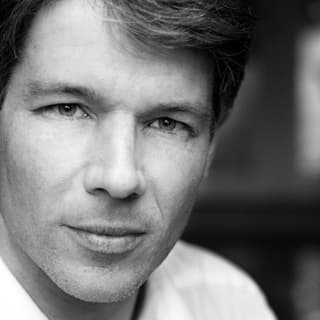
Russia has been waging war against Ukraine for two years. The political balance in Europe has shifted. The EU is no longer shaped by the core countries of the old EU, Germany and France, but by states in the north and east, says expert Oliver Jens Schmidt. Europe is divided like this.
SRF News: How to recognize mistakes in Europe?
These are fault lines that have been exposed for some time. They were linked to different perceptions of the threat from Russia. The Baltic states and countries like Poland warned very early on, even after the annexation of Crimea. They were also evident in reactions to the Russian invasion of Ukraine almost exactly two years ago.
There are neutral countries like Switzerland or Austria that believe they can rely on international law even at the moment of violation by Russia.
A coalition of states from Great Britain to Scandinavia and Poland have responded decisively, while other parts of Europe, such as Spain, Italy and France, have watched it more cautiously. There are those who understand that what is at stake is not a war between Russia and Ukraine, but a protracted attack on Europe. There are others who don't want to believe it. This includes countries like Switzerland or Austria, neutral countries who actually believe that they can rely on international law even at the moment when it is broken by Russia.
What is happening in the big European countries like Germany, France, Spain and Italy?
I think the big problem started with Brexit. Great Britain is a relatively powerful country militarily and has been the most decisive of all major Europeans when it comes to Ukraine. Italy and Spain are rarely involved when it comes to Eastern Europe. But only France and Germany remain. Although France has repeatedly spoken of Europe's strategic sovereignty, it is in no position to back it up militarily. The German Bundeswehr was not really in a fighting condition and the German arms industry was currently being set up. But all this should encourage an aggressor like Putin to continue and not enter into negotiations.
Only if we quickly achieve deterrence against Russia will Russia cease to act as a warmonger in Europe.

Purana:
Russian President Vladimir Putin in the Kremlin a few days ago.
Keystone/Sergey Ilyin, Sputnik, Kremlin Pool Photo via AP
What should old EU countries do to prevent this division from becoming more pronounced?
The most important thing is that we are in agreement with what we are experiencing at this time. We are not witnessing a war between Russia and Ukraine, but rather the first step towards establishing Russian hegemony over the entire continent. This is clearly stated in Russia. Then we must act: only if we quickly achieve deterrence against Russia will Russia cease to act as a warmonger in Europe. If that doesn't happen and Trump takes office in the fall, there will be a very dangerous situation and much faster than most of us expect.
Who – if not America – should defend Europe?
Looking forward to more war?
If Ukraine does not receive massive support, we must assume that this year it may come under massive pressure. Not only would this trigger a massive flow of refugees, but it would encourage Russia to continue its transition to a war economy. Who – if not America – should defend Europe? It has become a new reality.
The interview was conducted by Evan Lieberherr.

“Wannabe pop culture fanatic. Zombie advocate. Entrepreneur. Internet evangelist. Alcohol fanatic. Typical travel buff.”





More Stories
Choosing the Right Quality Management Software for Your Industry
If guests bring items: Can shower gel be packed from the hotel?
This diet can prevent death from dementia